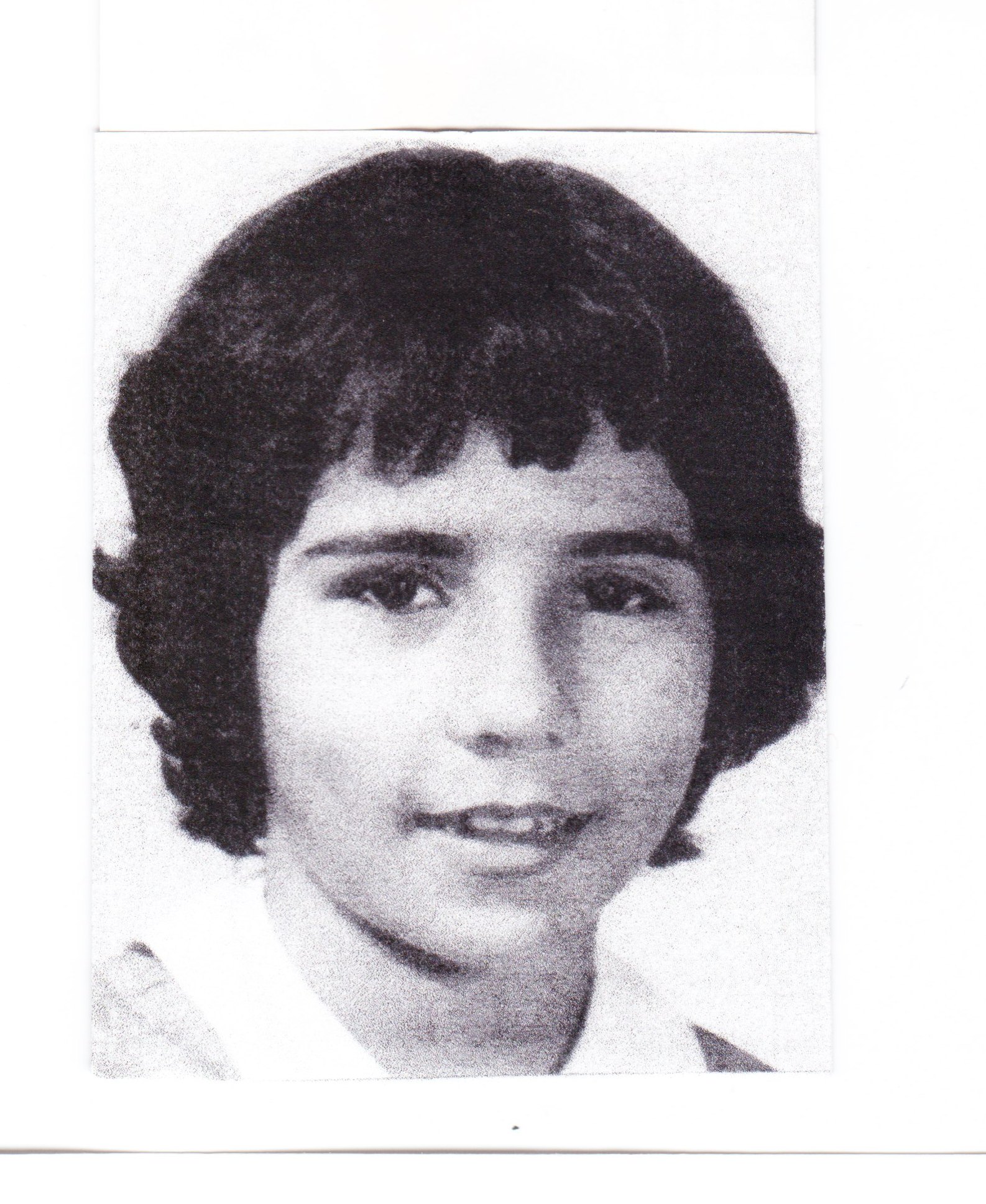TRANSCRIPTION
How have the roles for your mother, grandmother, and yourself changed in your life time (lifestyles how things have changed)?
Quite a great deal, because when I was small we were brought up with my grandmother a lot because my mother had to work. I remember my grandmother ironing clothes
for people and that's the way she made her living and my mother would work for a doctor and those kind of things I remember. I remember here (San Antonio) the streets were not e
ven paved, they were that red dirt that would have rocks and all that. So then as the years went we went to school and my mother would continue to help us and my mother remarried
and we moved to Dallas and I started school there. In Dallas people were a little different than here in San Antonio, even though San Antonio was very segregated the people on the
west side were more Hispanic, Mexican whatever you want to say. On the north side people had more money, and east side was the colored people. It is still kinda that way. I my time
(as young person) you did not see Mexican, or now they say "Tejano" attorneys or judges they were mainly white.
Another thing when you filled out an application you were either white or black. There was no in between.
Let me ask you a question with regards to work your grandmother and mother, was there types of segregation with them working in certain houses or racism from that growing up in San Antonio, because your were Mexican?
I only experienced that at a young age going to the movies and buses. I was small but I remember. The restaurants would have signs that would say "Only White". And as far as working my grandmother worked from home so the white people would bring the work to her. She did it out of the house.

So you did not experience a lot of it?
No not too much.
But it was there?
Yes most definitely, you knew of it you could feel it there was sense of it.
With school did see any of that?
In Dallas more, let me tell you why. My stepfather was white. I was about ten years old and the house he had rented was owned by white people and they did not realize my stepfather was married to a Hispanic woman. When they saw that they did not know how to tell us, they were supposed to give us the house and had us wait all day. I remember having to wait and we had a picnic under a tree till midday some time. They told my stepfather we could not move in because we were Mexican.
How old were you then?
About 10 years old. About 1959.
As you got older did you experience more of that?
No not really, we moved back to San Antonio (junior high, and High School) and no. We lived on the south west side so no not really.
Was there an interracial student body in school?
Where I went there were a couple of white and some black, but mostly Hispanic. There was racism towards blacks from Tejano. I had an experience walking to the gym with a friend, he was black I don't even remember his name. I had an experience with a teacher. I remember her name it was Mrs. Nichols she said Pauline I don't think it's a good idea for you to relate or hang around with those people" and I said "why those people , I don't understand?"
So it wasn't even the kids it was the adults?
Yeah the adults. Oh yes the adults yeah.
I'd like finish this subject and go back to work by your grandmother, what kind of money did she make working like you said?
My grandmother would get $0.50 a shirt, that was a lot of money. My mother was lucky she worked for a doctor Dr. Burke she worked as his assistant, she worked as a office assistant and nurse. I did not know how she made. But she was like a nurse.
Did she have any training?
Just what the Doctor gave her. This was during times when you did not have to have any formal training.
What was the first job you had, do you remember?
My aunt use to work with a gentleman that they would pick up the lead from the bullets , here on the base, from the shooting range. And so we would go with her with her and they would put them in a strainer. We thought it was fun and we would make like $20.00 (157 USD today)a month and it was like Wow, twenty dollars a month and that was about the first time I started working. I was about 11 or 12 years old.
Next part of that question what was your next job actual job?
I was a waitress at a Chinese restaurant. The Vermont Cafe.
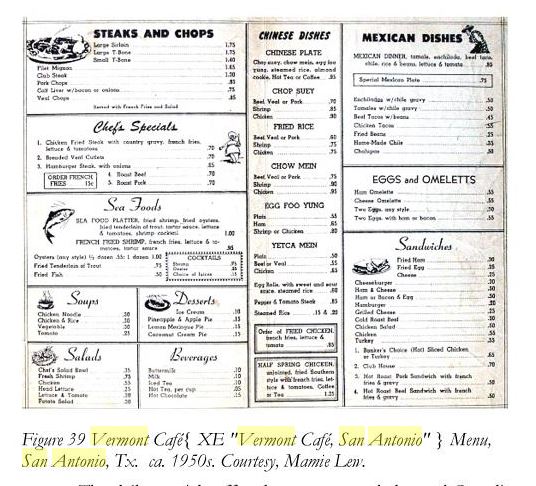
Where? (location)
Right there coming from downtown where the over pass is on (West) Commerce (Blvd) now. (and Frio)
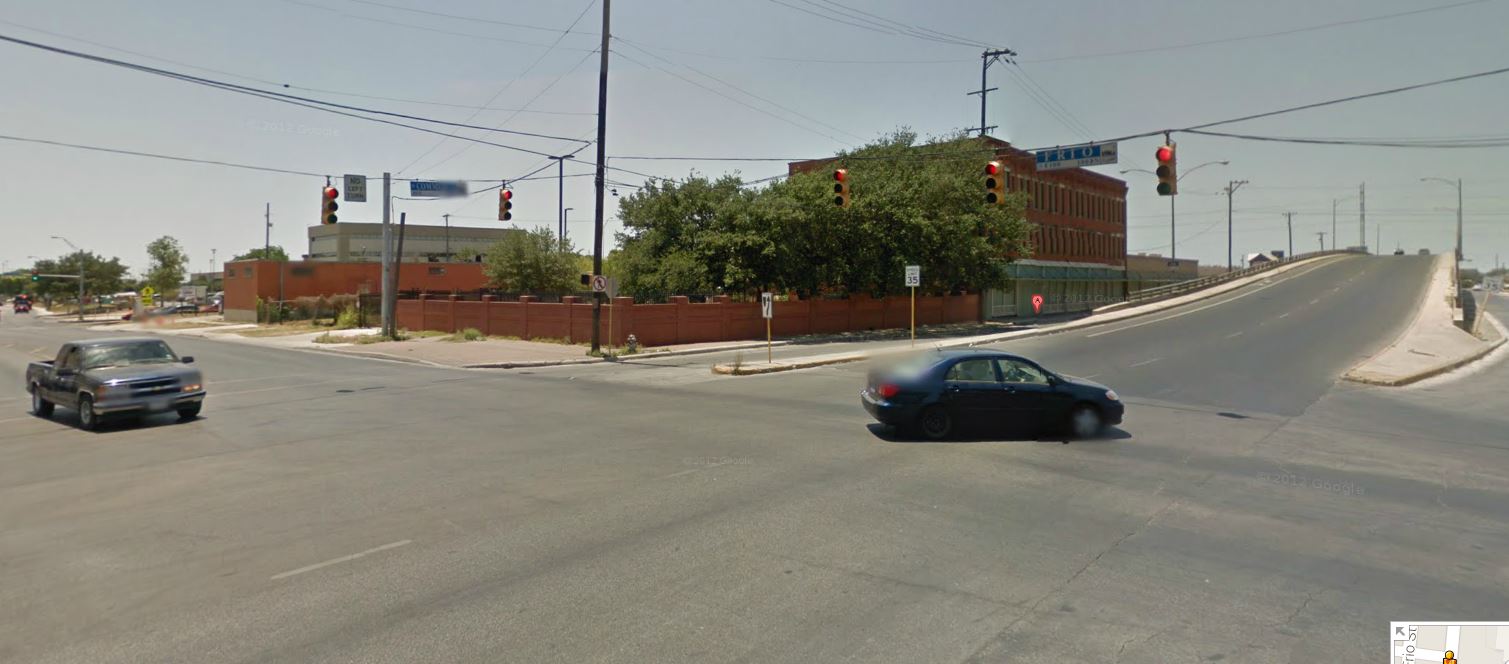
Do remember how much you made?
I made my tips, but pay was like a dollar an hour or so, but my tips were what I really made.
About how much in tips, just like an average if you can?
About $20.00 dollars (145 USD today) a night or so.
And that was good money?
Oh yes, for me at the time.
How old were you?
I was about 17. (1966)
I know you answered this question a little bit already, how have the ethnic demographics changed from growing up to adulthood now?
There is big difference, but I still see that the south-west side of San Antonio the same type of people still live here and the east and north side are still kind of the same, I still see that.
Next to subject of marriage what were the difference, if you remember, with your grandmother, mother and yourself? What differences were there in having to get married? Traditions?
My grandmother was an immigrant from Mexico, she passed like they say in the river. She was from Tamaulipas Matamoros. Yet my mother was born San Benito Texas and my aunt in Karnes City, I think. We were brought up traditional from Mexico. Me and my sister were brought up in those ways. I was brought up that you had the one boyfriend and that was it. I was engaged for 4 years. When I got out of high school. I was married to him for 13 years (Jesus V. Fuentes).
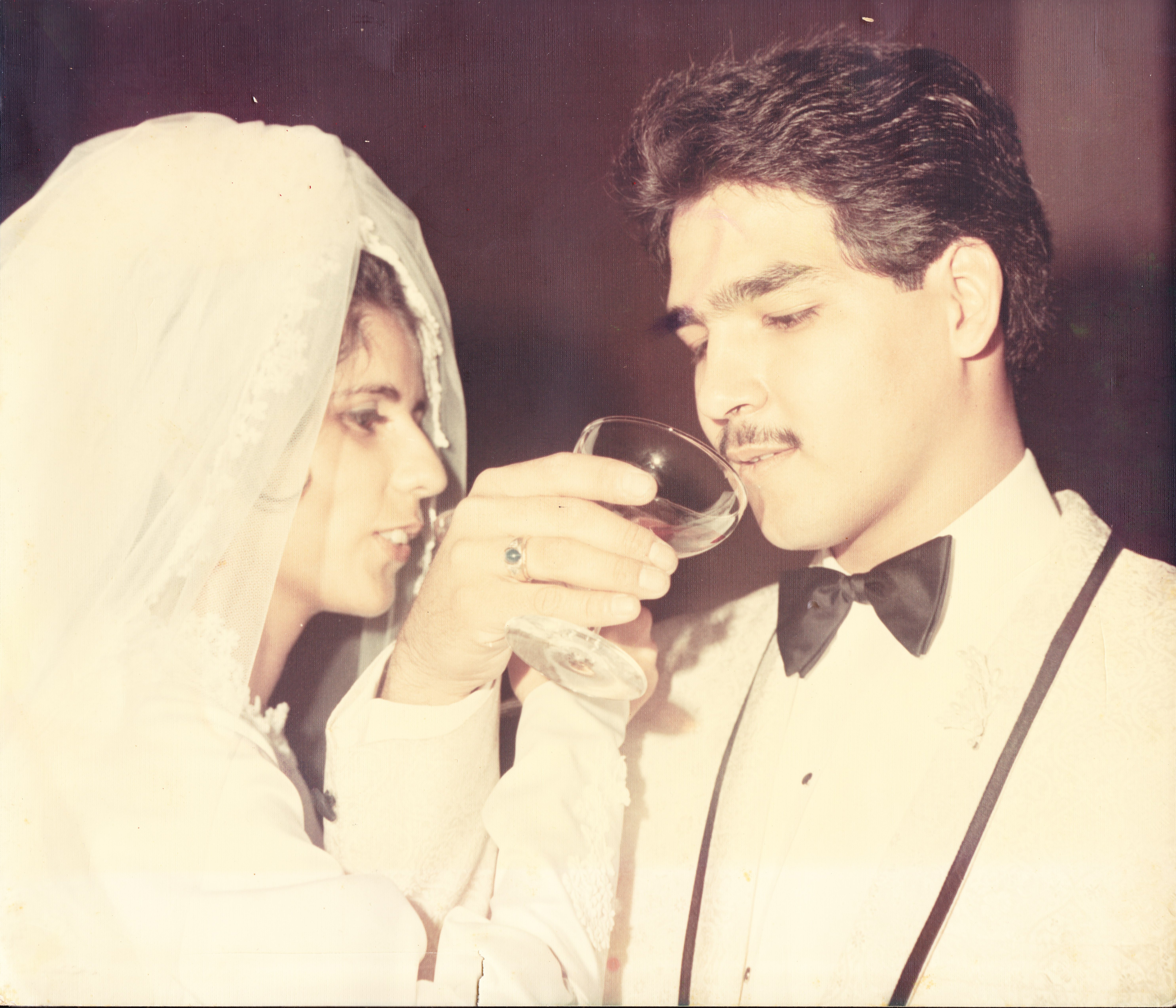
So how old were then when you were boyfriend and girlfriend?
I was Senior in high school.
What made you want to get marry to him?
I think about it and I loved him, but that was the only boyfriend l was allowed to have . My grandmother said that was it, he was the only one they would only to come to the house ( or around) . Because I was engaged. Though others would ask me out he was the only they knew and that was it.
So that was like that way with his parents too?
Yes that was the same thing.
Did you want to have children?
Yes
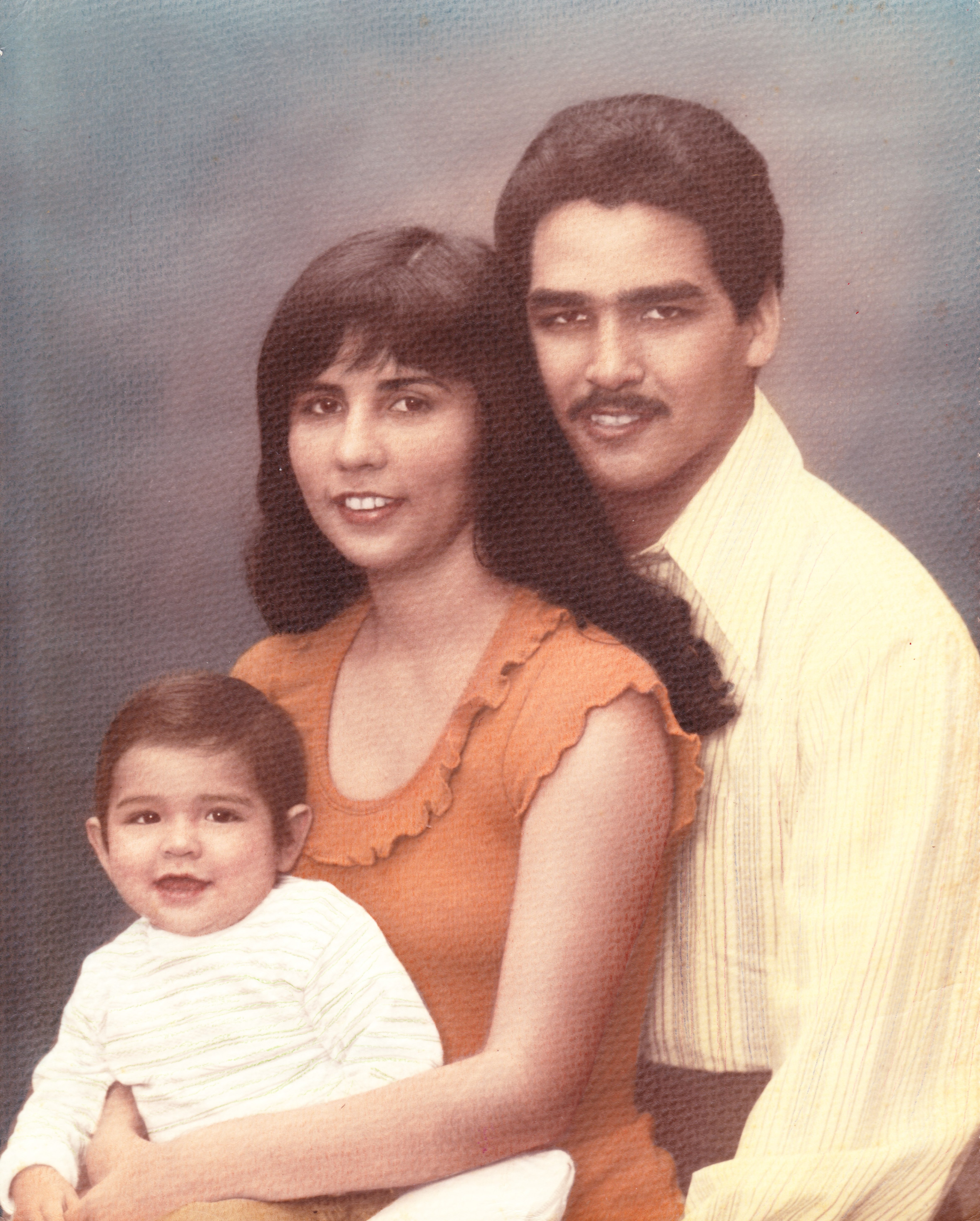
A lot?Being Hispanic and usually they would have large families?
Well if we did ,we did. But it didn't matter, what we had we had.
What was your favorite memory growing up?
Growing up with my grandmother, being with her. Playing with my four cousins. She had peach trees and she would tell us stories. Like, scary stories and things like that. There was no T.V. so that was fun.
Speaking of that when did you all get your first T.V.?
My grandmother was the first get a T.V. on the block. I'm saying about , I think I was 12 years old. Something like that.
What T.V. shows do you remember?
Oh! We had to watch the Wrestling. Because my grandmother she liked to watch it. The Mexican Wrestling. "La Lucha" There was only three channels. I remember, twelve, five, and four. I think it was Friday or Saturday. We had to watch it. We liked it that was the main thing we had to watch with her. And she was a lot of fun. My grandmother was a lot of fun.
What would be your least favorite memory, growing up?
Well it was difficult when my mom divorced my dad, it was weird. Because she had me, she divorced my dad and then they remarried and she had my brother. One of my brothers. It was hard, it was a hard life.
What made it so hard? Living situations, the emotional part?
It was more emotional part than anything, I think. We lived with my grandmother. She was fun I told you, she wasn't a dull lady we always had the music on she loved to dance, so that part wasn't hard (the living situation). But it effects you. It is hard when you are not brought up with your two parents.
You mentioned your divorce, you remarried?
Yes.
Did you think you would remarry what was that like, why, thoughts?
I didn't think I would re-marry. I thought I would have a boyfriend or friend, but to actually remarry no.
Why?
I don't know. I just ... actually when I married your dad. I was married by (the) church, and the catholic thing you're not supposed to divorce. I think about when I married your father , I loved him and I know he loved me but I kinda feel maybe I did not go out enough or meet more people to actual want to settle down. And your Dad was in the Navy and he was gone a lot he was in the Navy for 9 years, and I don't blame him but if he does me , well what can say. Maybe because my grandmother would not let us go out.

Back to the question why did you not think you would get remarried?
Well I was living with your stepdad (Jose Franco), then I got pregnant and not because of that, but he wanted to start a life together and said we are going to move to another city ( back to San Antonio from CA) and get married and so that was just it. No real reason.
Did you plan on having kids again?
No it was just that it so happened that way.
What do you think is the greatest accomplishment in your life, not biological, more towards your professional part of life?
Because you are here; having you, your sister, and brother. I am very proud of you all.
Okay but I mean at this point in your professional work?
I think what I do as an entertainment promoter almost 30 years of doing what I like to do. I have worked for doctors, in hospitals, and with lawyers, I help set up offices of doctors. But I like this (Promotions/Work Visa's) , I worked with some in California and I liked it, and I still like it. Especially as a woman because this is a very hard profession as a women, it very dominated by men. You can count the amount of women especially in International part (music field).
How many would you say?
Honestly what I have done, the way I work I would say there are only couple. (International music)
About how many here in the southwest region work in this business?
Well I'm gonna say that with what I do, they are called like "impresario's" They actual promote the band's, coordinates the events, music ownership, recordings, ownership of the band. I'm gonna count um, say maybe 5. There are a lot of promoters but impresario's just 5. These companies generate- and the industry has gone down a lot in recent years- about a few million dollars (a year) in revenue for each one.
Last question do you have anything else you would like to say about anything at all?
I think everything you asked me in general was said, I think you covered everything and every that needed to be said was said. I feel comfortable with that.
